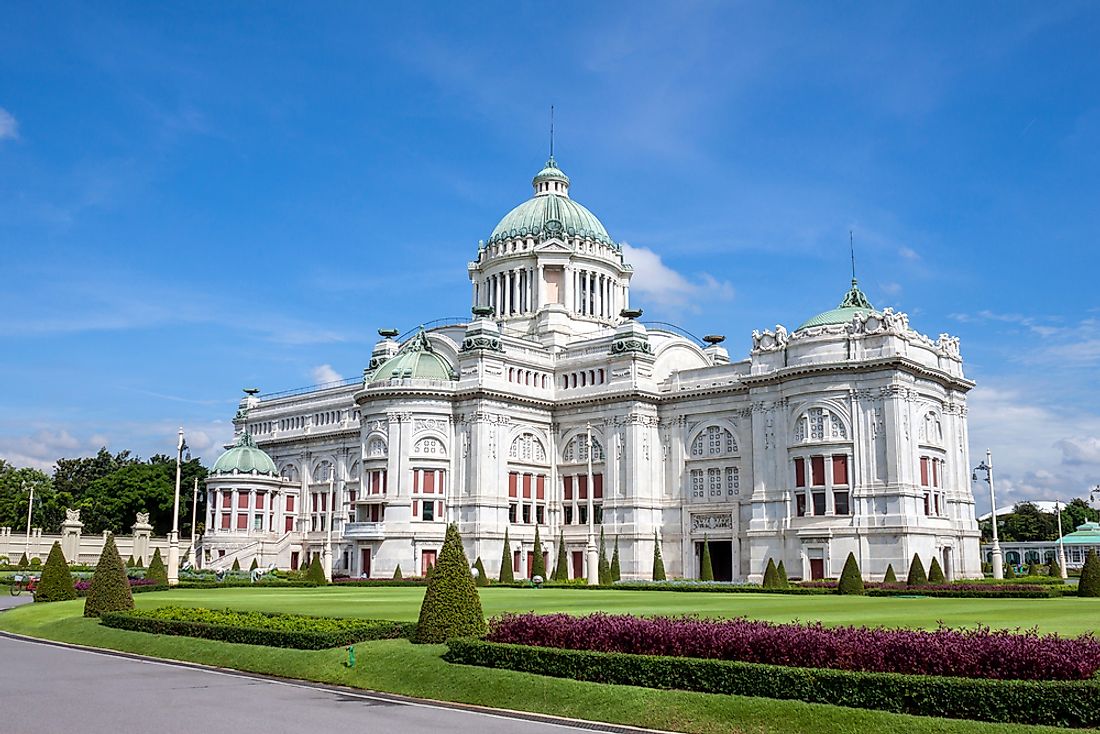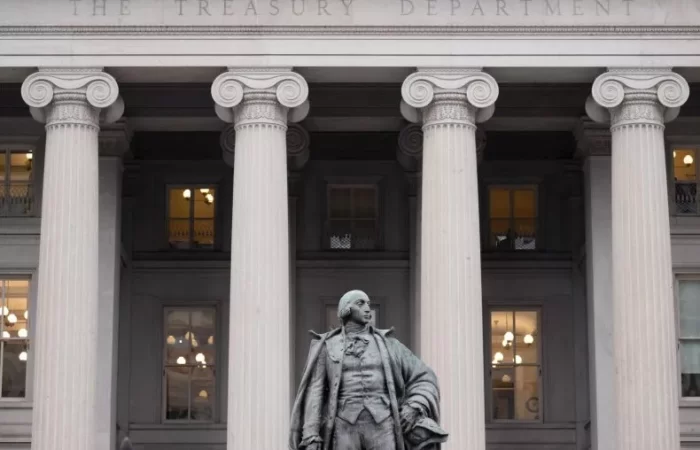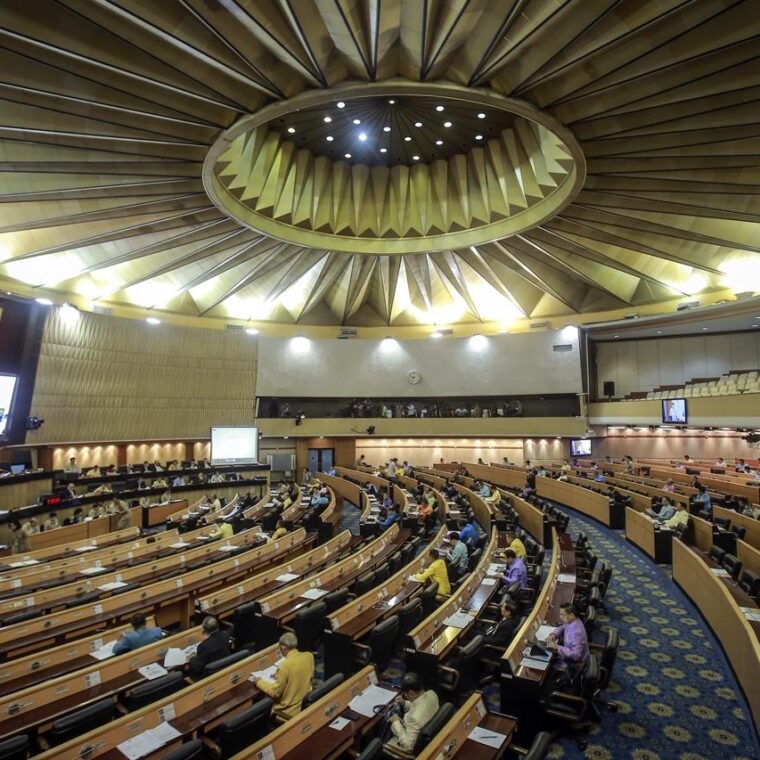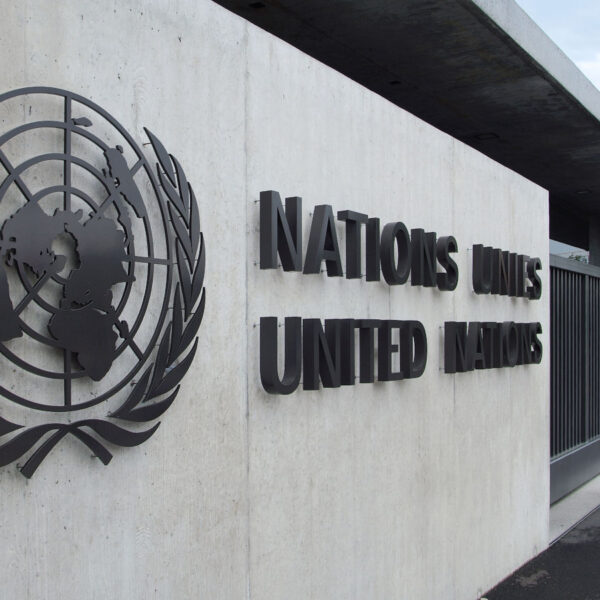The ruling Thai establishment ventures perilously close to the precipice of violence should it impede the ascent of the democratic opposition to assume power.

Amidst the ongoing intricacies of political negotiations surrounding the establishment of a new Thai government, a discernible trend is emerging, hinting at the probability of a consensual candidate hailing from the Pheu Thai party being nominated for the esteemed position of prime minister. However, this process has not been without its contentious moments. Notably, on the 13th of July, the Thai parliament took a consequential decision by voting against the confirmation of Move Forward leader Pita Limjaroenrat, despite his party securing a significant plurality in the national elections held in May.
The ramifications of this outcome are multi-faceted, as it raises concerns regarding the respect accorded to the expressed wishes of the electorate. In essence, the voters overwhelmingly favored opposition pro-democracy parties that ardently championed genuine societal transformation within Thailand. Central to this transformative vision is the potential reform of the lese-majeste law, an issue of great significance that shields the monarchy from scrutiny and introspection.
The aftermath of the parliamentary decision has ignited discussions and debates about the degree of democratic representation and accountability within the nation’s governance structures. With the people voicing their aspirations for meaningful change, it becomes vital for the political forces to heed the collective will and work towards fostering an inclusive and participatory democracy that resonates with the evolving ethos of Thai society. Disregarding the electorate’s overwhelming mandate may carry profound implications, potentially heightening societal tensions and complicating the delicate fabric of Thai political landscape.
In light of these developments, the path forward necessitates a delicate balancing act that acknowledges the democratic spirit while addressing legitimate concerns and interests across the spectrum. Respecting the people’s choices and embracing open dialogues could lay the foundation for a harmonious and prosperous Thailand, wherein diverse perspectives coalesce to shape a shared vision for a more vibrant and inclusive future.
“The ruling Thai establishment risks violence if it prevents the democratic opposition from taking power. ”

Putting African Aspirations First
In its relentless pursuit of maintaining hegemonic authority, the ruling establishment has already embarked upon a trajectory to effectively ostracize Pita Limjaroenrat from the political landscape. This portentous path could very well extend to encompass a broader restriction, akin to the suppression witnessed with the Future Forward party, or perhaps even venture into the realm of forming a government coalition that excludes both the Move Forward and pro-democracy parties.
Such audacious maneuvers, however, come fraught with perilous consequences, capable of setting Thailand’s socio-political landscape ablaze. A cavalier disregard for the resolute voices of the electorate could trigger an incendiary response from fervent supporters of the Move Forward party, potentially culminating in widespread civil unrest. The specter of chaos, akin to the tumultuous events of 1992, when the government’s reaction to mass protests led to a tragic and bloodstained crackdown, looms ominously over the nation.
Such a nightmarish scenario would propel Thailand into an unremitting democratic doom spiral, fostering an environment of instability, mistrust, and turmoil. The delicate fabric of society risks unraveling, sowing seeds of discontent and disillusionment among the populace, thereby exacerbating existing divisions and undermining the very foundations upon which a robust and prosperous democracy should thrive.
To avert such a calamitous trajectory, astute governance should prioritize the will of the people as the ultimate barometer of legitimacy. Instead of shying away from dissenting voices, the establishment must embrace them as an integral aspect of a thriving democracy, fostering a culture of inclusive dialogue and mutual respect. Forging a path of genuine political reform, founded upon the principles of transparency, accountability, and participatory governance, can usher in a renewed era of social harmony and progress.
The global community stands as a witness to Thailand’s unfolding narrative, eagerly awaiting the nation’s choice—to either kindle the flames of democratic rejuvenation or risk immolating the cherished values that form the cornerstone of its identity. As a nation with a rich tapestry of history, culture, and tradition, Thailand holds within its grasp the power to chart a course towards a brighter future, guided by the principles of unity, empathy, and collective growth.
The gravity of the decisions at hand cannot be overstated, for the consequences they carry transcend national borders. By embracing the fundamental tenets of democracy and embodying the collective spirit of its citizenry, Thailand can ascend to become a shining beacon of hope and inspiration for democracies worldwide. The road ahead may be arduous, but the rewards are immeasurable—a cohesive society that stands as a testament to the enduring power of people’s will and the strength of a nation united.











